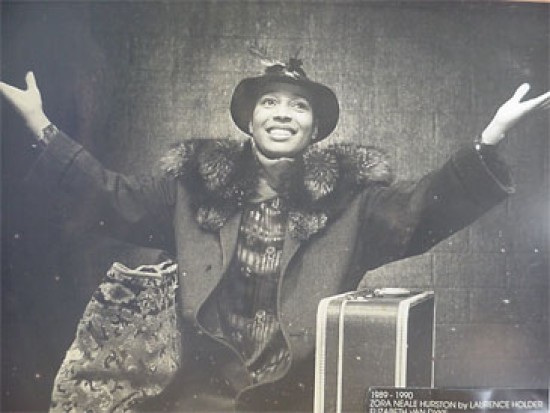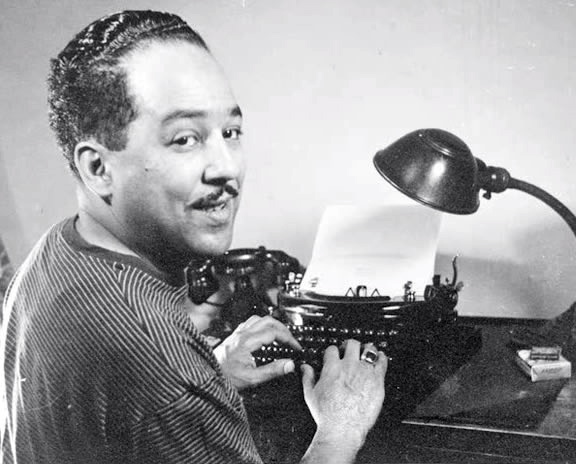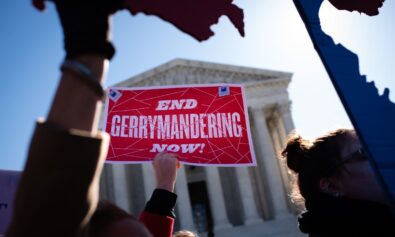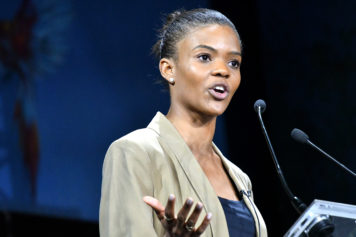One of the all-time influential authors, Zora Neale Hurston, has close ties to the Harlem Renaissance. Through her writings, Robert Hemenway wrote in the book “The Harlem Renaissance Remembered,” that Hurston was a strong voice that held together her race. She “helped to remind the Renaissance — especially its more bourgeois members — of the richness in the racial heritage; she also added new dimensions to the interest in exotic primitivism that was one of the most ambiguous products of the age.”
Langston Hughes was one of the most important writers and thinkers of the Harlem Renaissance, which was the African-American artistic movement in the 1920s that celebrated Black life and culture. Hughes’ creative genius was influenced by his life in New York City’s Harlem, a primarily African-American neighborhood. His literary works helped shape American literature and politics. Hughes, like others active in the Harlem Renaissance, had a strong sense of racial pride. Through his poetry, novels, plays, essays and children’s books, he promoted equality, condemned racism and injustice and celebrated African-American culture, humor and spirituality.




